Democrats Defend Biden as GOP Piles on Afghanistan Withdrawal Criticism
In August 2021, the Biden administration faced sharp criticism for the chaotic withdrawal of U.S. troops from Afghanistan. The swift fall of Kabul and the tragic loss of 13 U.S. service members cast a shadow over the operation.
However, Democrats argue that President Biden was fulfilling a commitment to end the two-decade war, an agreement initially brokered by his predecessor, Donald Trump.
Republicans Release Scathing Report
In August 2023, Texas Rep. Mike McCaul, chair of the House Foreign Affairs Committee, released a GOP-led report criticizing Biden’s handling of the withdrawal.

Source: Freepik
The report accuses the Biden administration of prioritizing “optics” over safety and lacking a clear evacuation plan. It claims U.S. national security was compromised, leaving the Taliban access to $7 billion in abandoned U.S. weapons.
A Missed Opportunity to Prevent Tragedy?
McCaul’s report highlights the deadly ISIS-K bombing at Abbey Gate near Kabul airport, which killed over 100 Afghans and 13 U.S. service members. Republicans argue that the attack was preventable had the State Department acted faster.
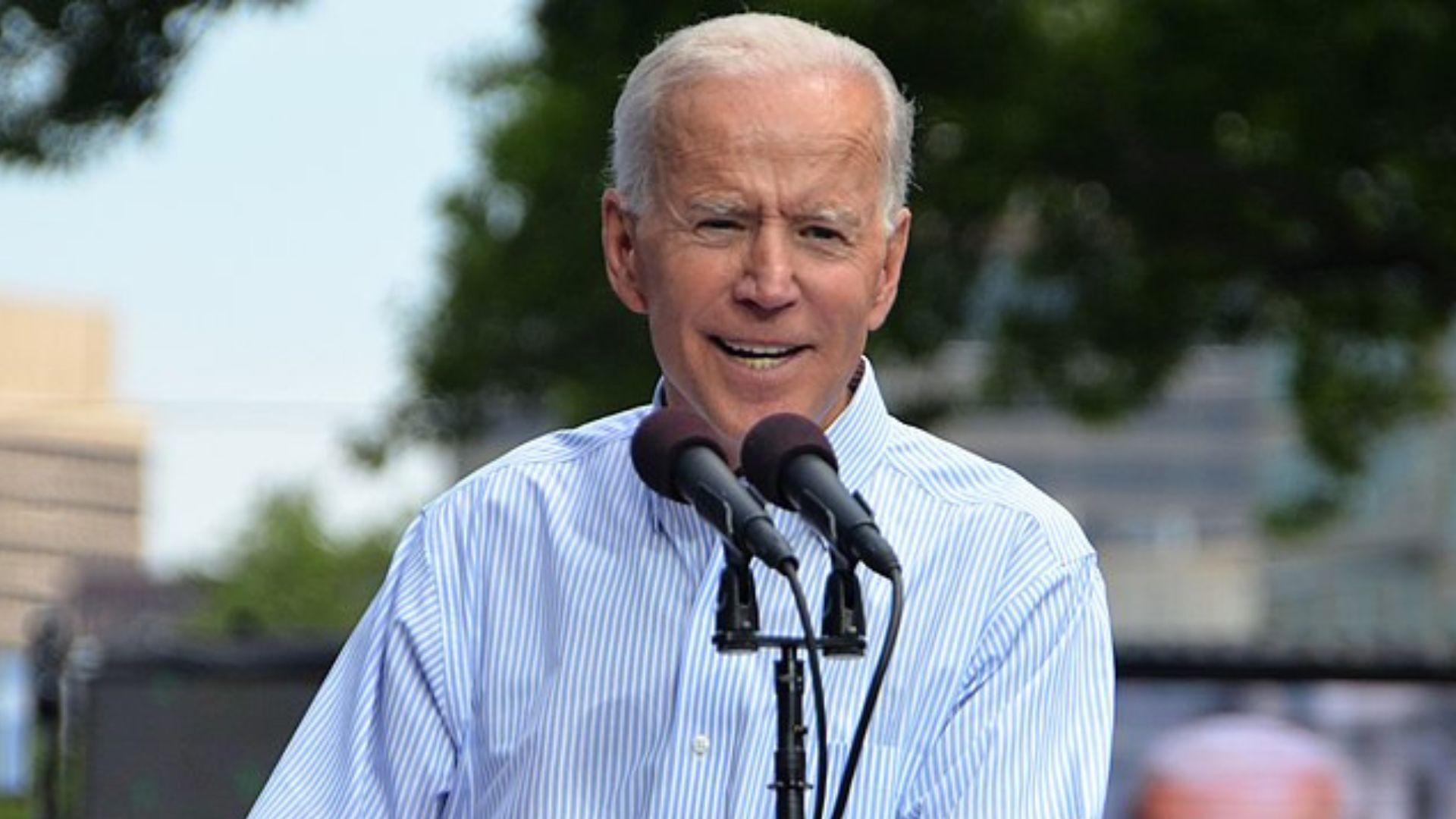
Source: Michael Stokes/Wikimedia Commons
McCaul stated, “It could have been prevented if the State Department did its job by law and executed the plan of evacuation.”
Democrats Push Back
Democratic Rep. Gregory Meeks of New York, the ranking member of the Foreign Affairs Committee, countered the GOP report, stating that Republicans are twisting the facts for political gain.
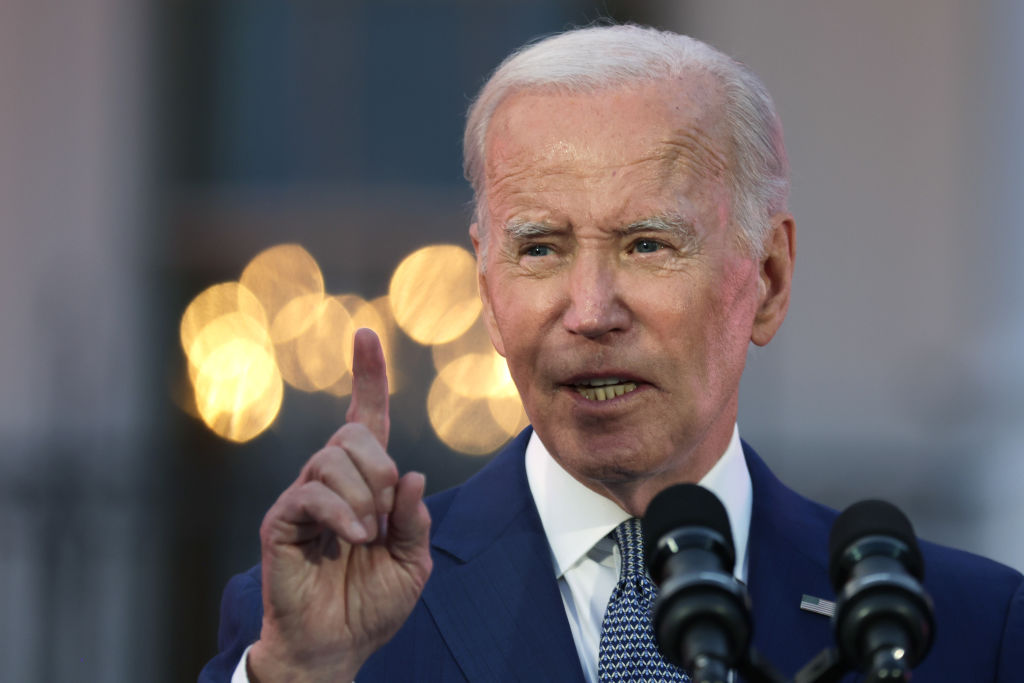
Source: Alex Wong, Getty Images
Meeks pointed out that Biden inherited an irreversible withdrawal plan from the Trump administration, which had already reduced U.S. troops to 2,500 by January 2021.
A War Spanning Four Administrations
Meeks’ memo emphasizes that Afghanistan’s challenges were not exclusive to Biden’s presidency. Failures in the 20-year war date back to four U.S. administrations.

Source: @PeteMuller/Getty Images Signature
He criticized Trump’s 2020 Doha Agreement with the Taliban, which set a date-specific withdrawal without Afghan government involvement, as a key factor in the chaotic exit.
A Memo War Over Accountability
The competing memos from Republicans and Democrats paint different pictures of the withdrawal. While Republicans focus on Biden’s decisions, Democrats argue that Trump set the stage for failure with unilateral troop reduction announcements that undercut U.S. leverage.

Source: Somchai Kongkamsri/Pexels
Meeks accused Republicans of ignoring Trump’s role in forcing the Afghan government to release 5,000 Taliban fighters.
Abbey Gate Bombing
Addressing the Abbey Gate bombing, Meeks noted that Republicans knew the attack wasn’t preventable.
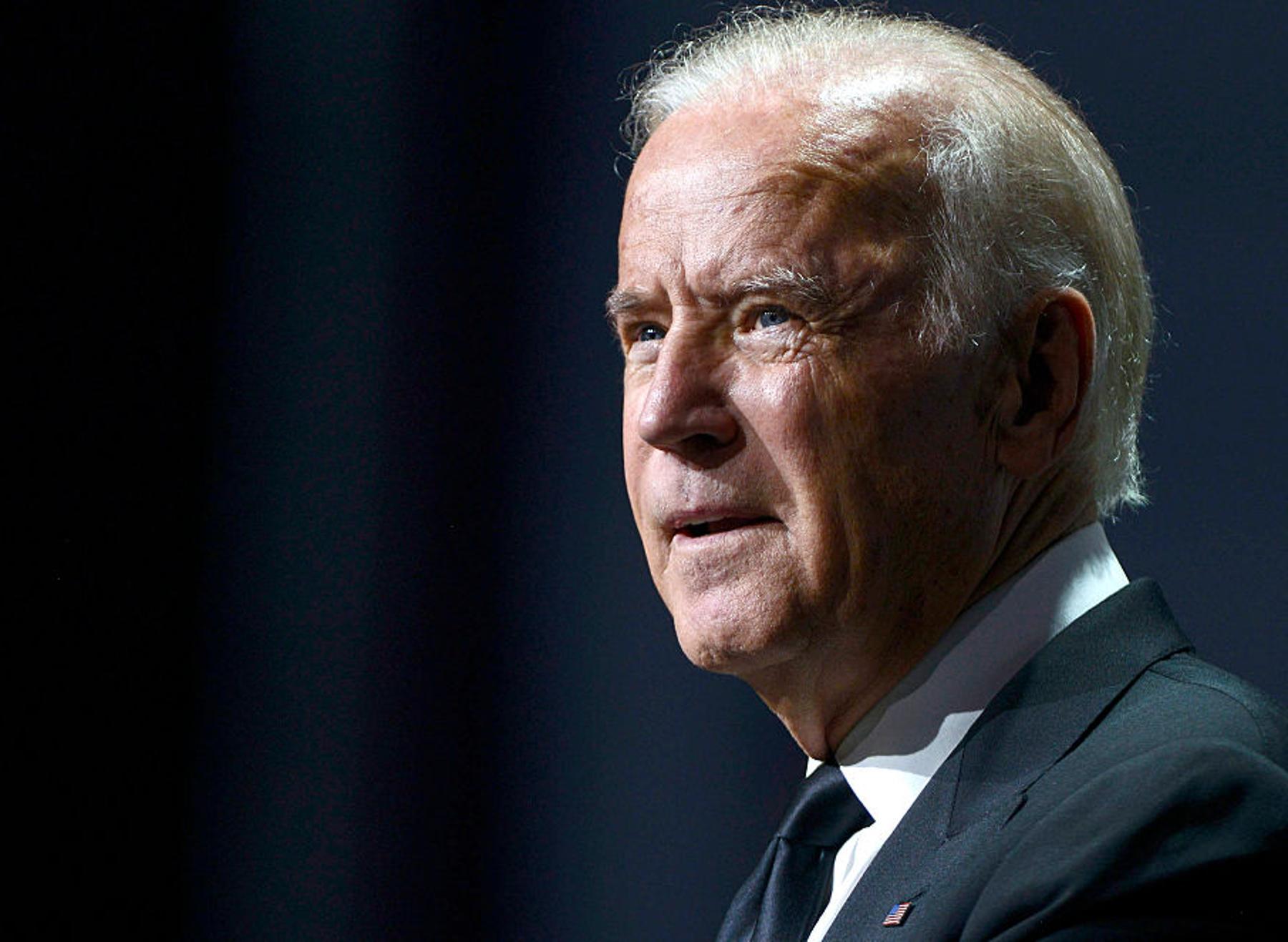
Source: Leigh Vogel/Getty Images
According to Meeks, Republicans “knew for months that the attack was not preventable and that, even though a witness told our Committee he thought he had the ISIS-K bomber in his sights, he did not.”
The Weapon and Funds Left Behind
Republicans claim the Taliban gained access to $7 billion in U.S. military equipment and up to $57 million in U.S. funds initially intended for the Afghan government.
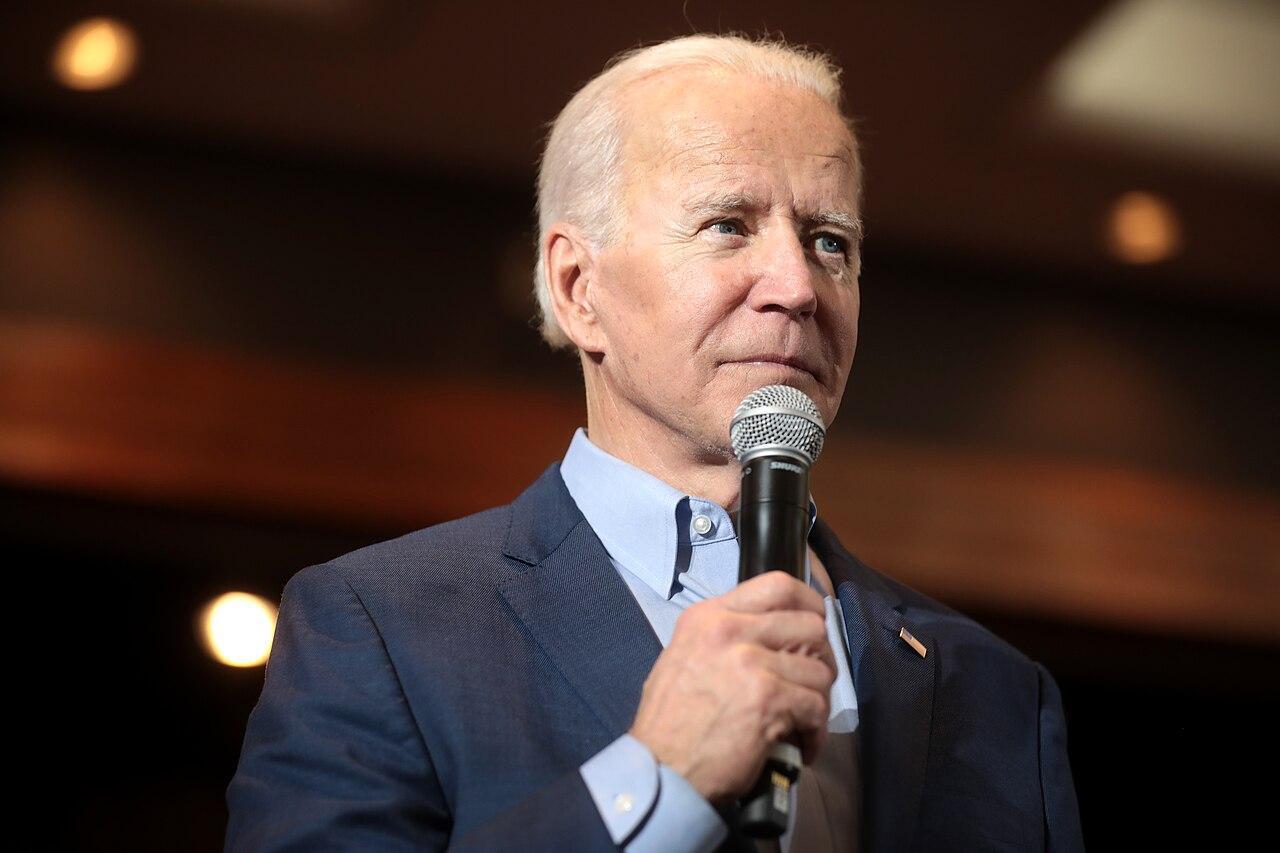
Source: Wikimedia
This, they say, poses a long-term threat to U.S. security. Democrats argue these outcomes were inevitable given the timeline of events set in motion by the Trump administration.
The GOP’s Accusation
McCaul’s report accuses Biden of prioritizing the optics of withdrawal over the safety of troops and civilians.
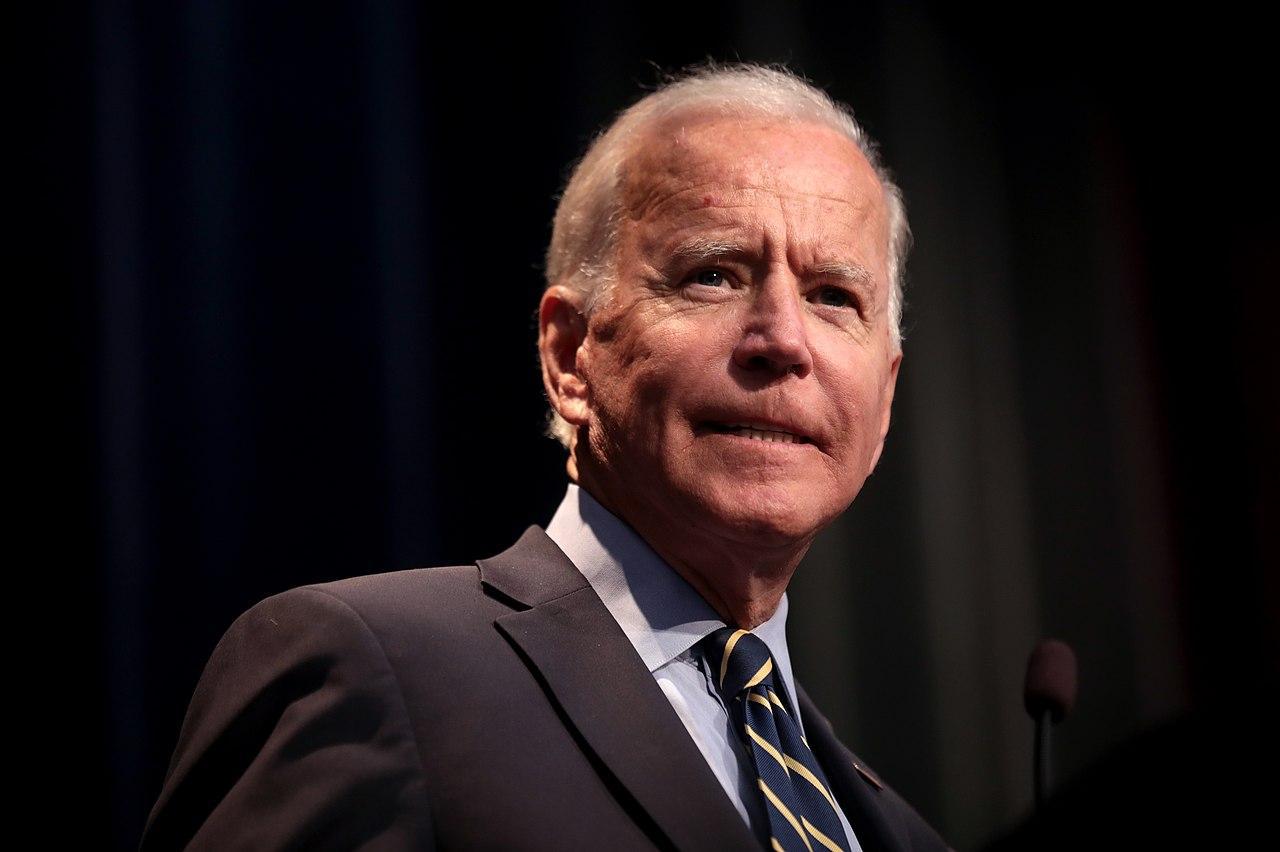
Source: Wikimedia
The report claims the administration misled the American public about the real risks involved, pointing to inadequate evacuation planning.
A Promise Fulfilled
Biden has consistently defended the withdrawal, stating that he made a promise to end the longest U.S. war. Democrats in their memo echoed this sentiment, explaining that Biden chose to end the conflict rather than send more American troops to fight in an increasingly futile war.
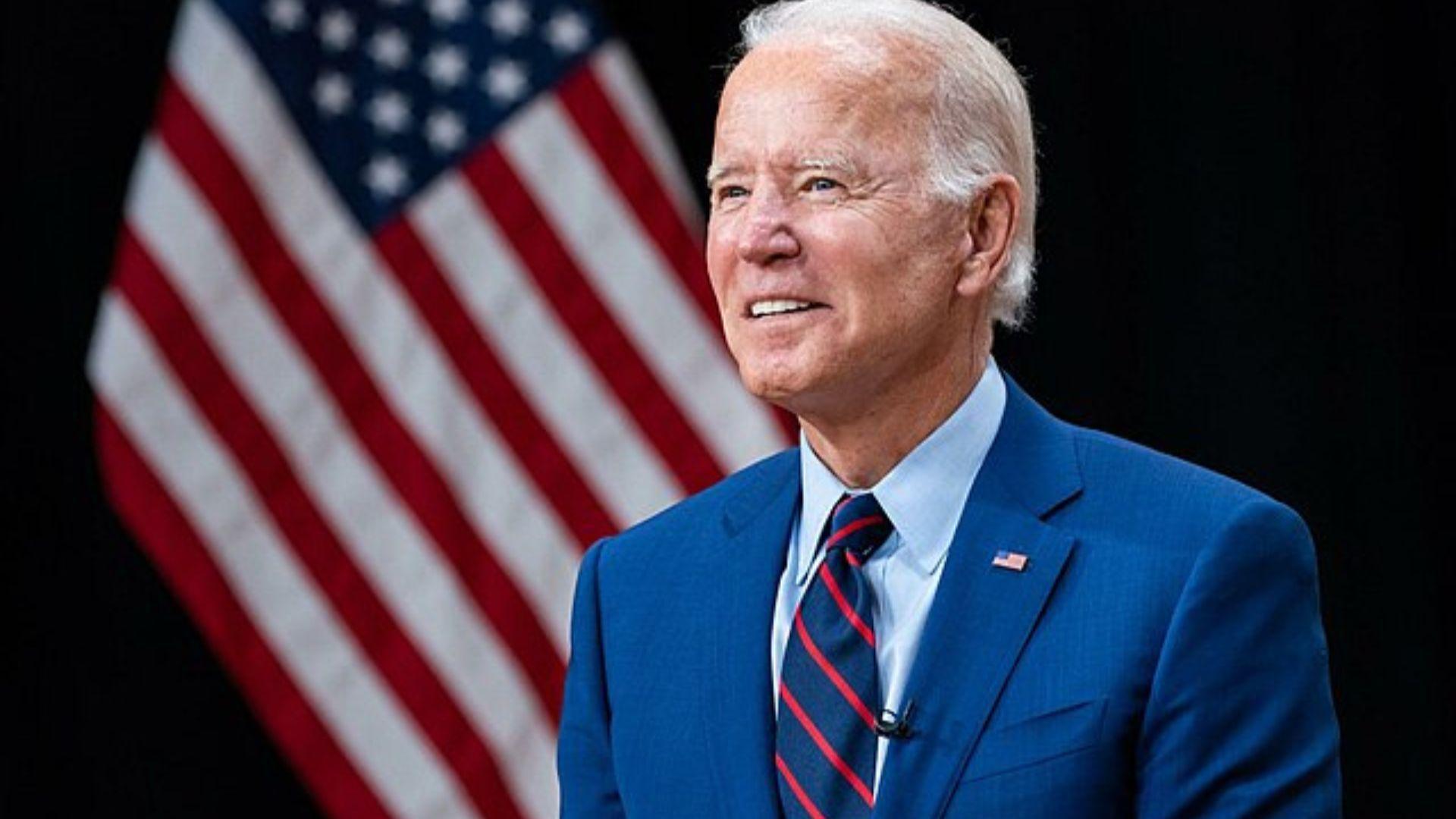
Source: The White House/Wikimedia Commons
“Rather than send more Americans to fight a war in Afghanistan, President Biden decided to end it,” Meeks wrote.
Political Blame or Genuine Concern?
Democrats accused Republicans of using the withdrawal as a political weapon, especially as the 2024 election approaches.
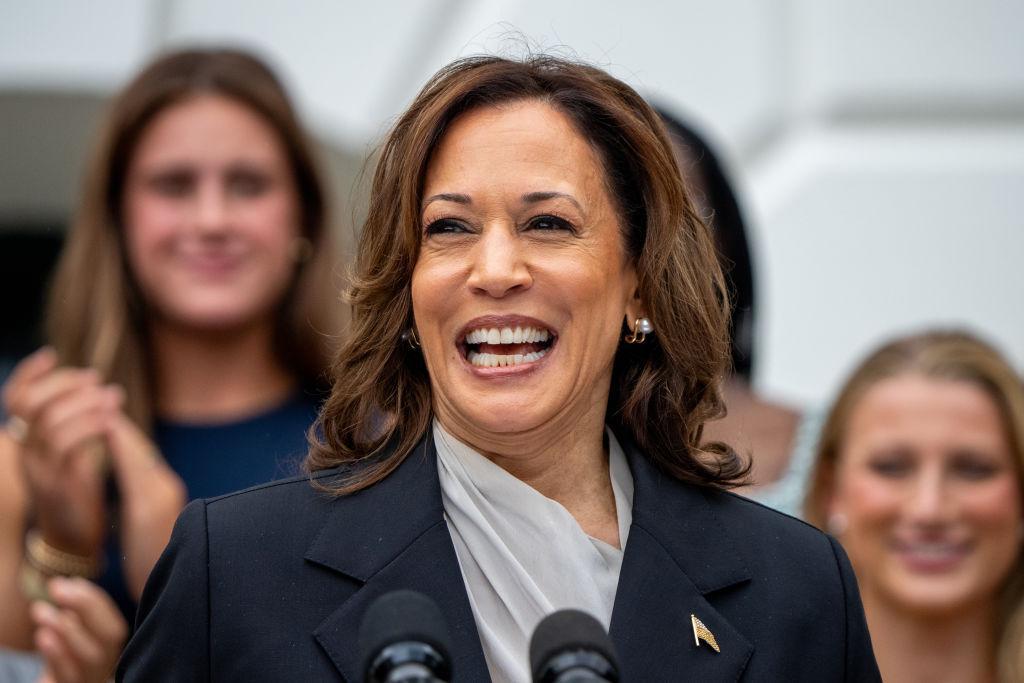
Source: Getty Images
Meeks’ memo pointed out that the GOP report heavily mentions Vice President Kamala Harris, despite her minimal involvement in the events. He argues this was part of a broader effort to target her ahead of her presidential campaign.
The Future of U.S. Foreign Policy
The dueling memos reflect broader tensions about U.S. foreign policy in the post-Afghanistan era.

Source: Adobe Stock
Republicans see the withdrawal as a moment of failure that weakened America’s standing globally, while Democrats argue it was a necessary decision to bring an end to a 20-year war.
